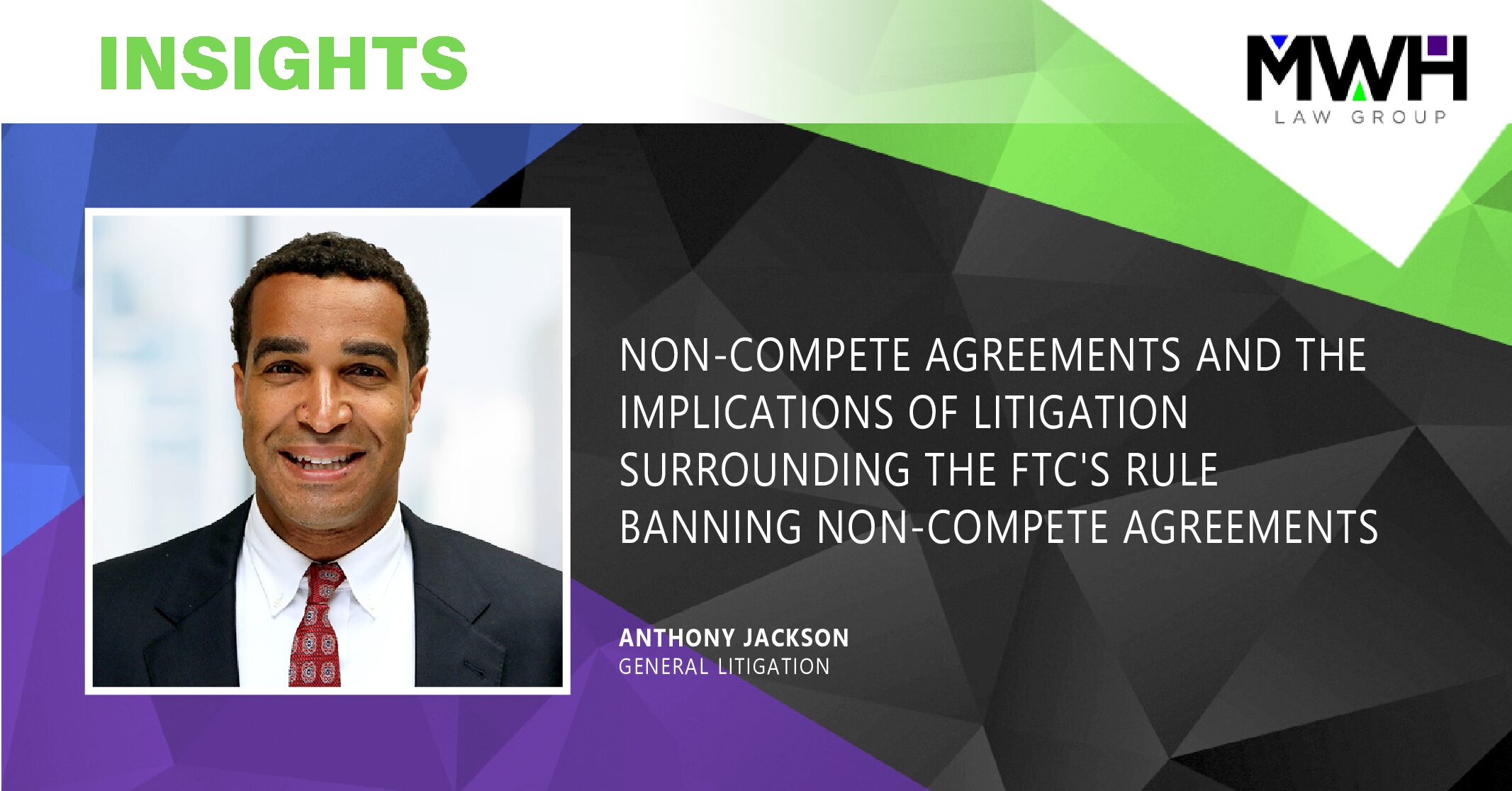Non-Compete Agreements and the Implications of Litigation Surrounding the FTC’s Rule Banning Non-Compete Agreements

Non-Compete agreements are tools to help employers protect their intellectual property and maintain a competitive advantage in the workplace. Most states have enforced non-compete agreements taking into consideration the legitimate business interests of a company. These agreements are analyzed based on state statutes and the common law while taking into consideration the geographical scope, time, and duration.
FTC Rule Banning Non-Compete Agreements
On April 23, 2024, the United States Federal Trade Commission promulgated a rule banning most non-compete agreements in employer-employee contracts, as the FTC considered such agreements to be unfair methods of competition in violation of Section 5 of the Federal Trade Commission Act. The rule was to be in effect on September 4, 2024 – however the enforcement of the rule has been set aside based on recent federal court rulings. Additionally, there are several other current legal challenges to the FTC Rule.
Legal Challenges to the FTC Rule
On August 20, 2024 the United States District Court for the Northern District of Texas in Ryan LLC v. Fed. Trade Commission, No. 3:24-CV-00986 set aside the rule thereby enjoining the application of the FTC Rule nationwide. The district court in Texas found that the commission lacked the authority to issue the rule and that the rule was arbitrary and capricious.
Consequently, by setting aside the rule and relying on the Administrative Procedure Act, the Court ruled that their decision has a nationwide effect, is not party restricted, and applies to all judicial districts equally.
Similarly in Props. of the Vills., Inc. v. FTC, Case No. 5:24-CV316, the United States District Court for the Middle District of Florida found that the FTC exceeded the commission’s authority in promulgating the rule. This decision in Props. of the Vills., Inc. v. FTC however, is now being appealed by the FTC to the Eleventh Circuit Court of Appeals. The FTC’s notice of appeal in the Florida case suggests the FTC intends to defend the rule until the issue is decided by an appellate court and/or the United States Supreme Court. Despite the appeal, employers should know that the FTC rule is not in effect.
Implications for Employers
Significantly, employers should be mindful that the judge in Ryan LLC v. Fed. Trade Commission enjoined enforcement of the FTC Rule nationwide. This means that non-compete agreements remain enforceable consistent with their status before the FTC adopted the non-compete rule. As such, employers should continue to carefully draft non-compete agreements that are limited in geographical scope and length to ensure compliance within their respective state laws, while protecting their legitimate business interests.

